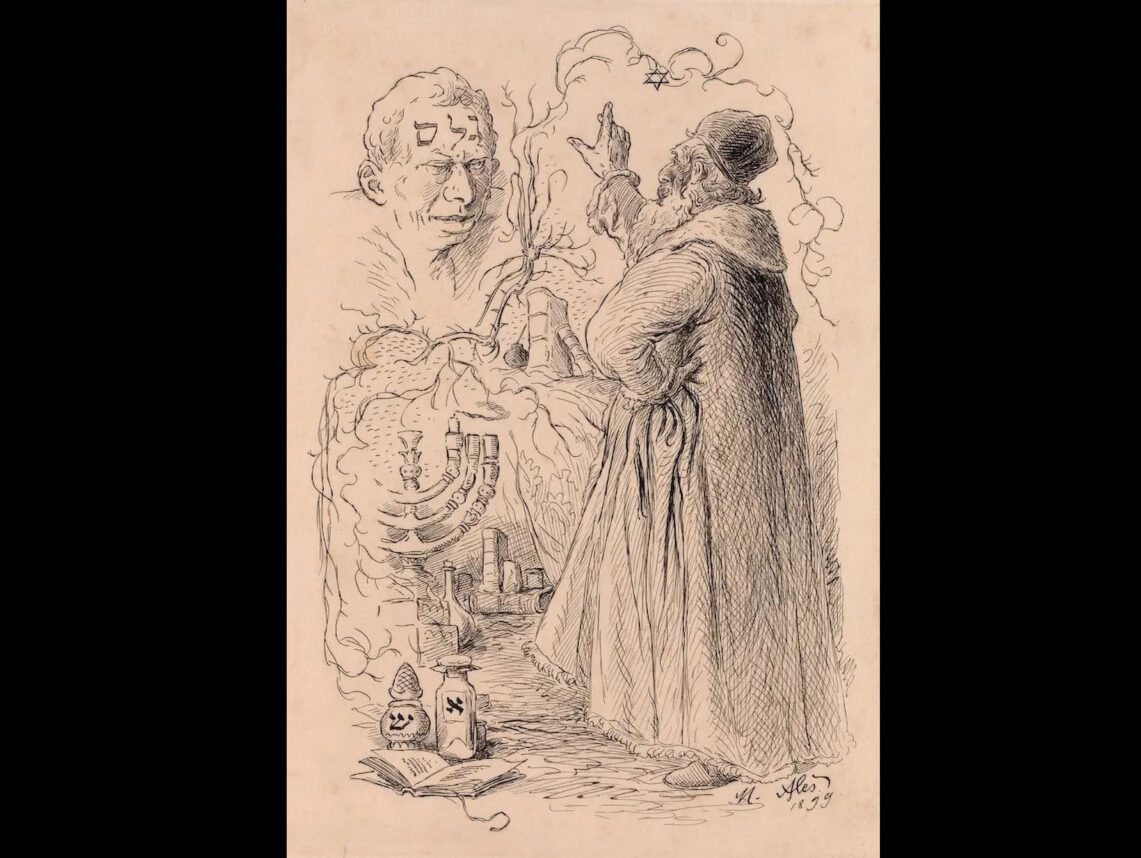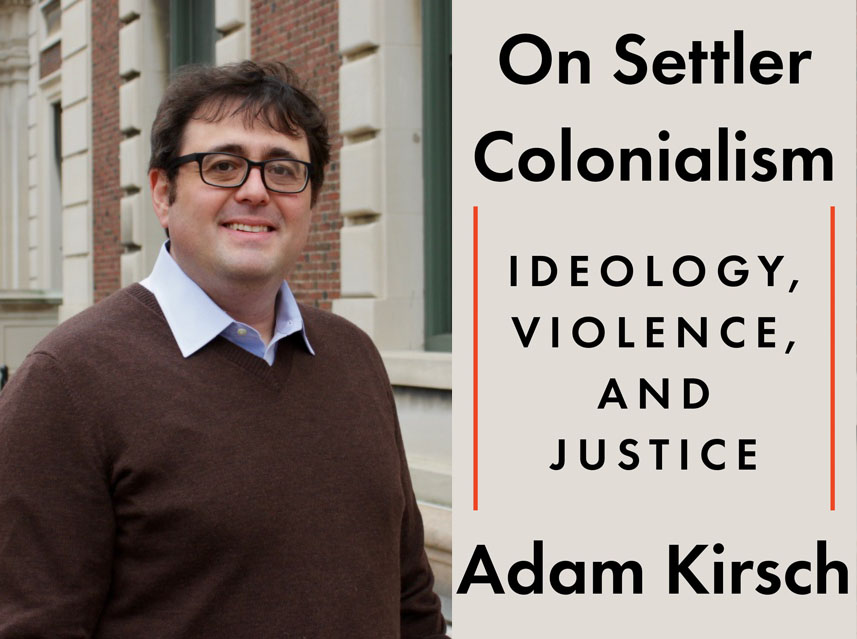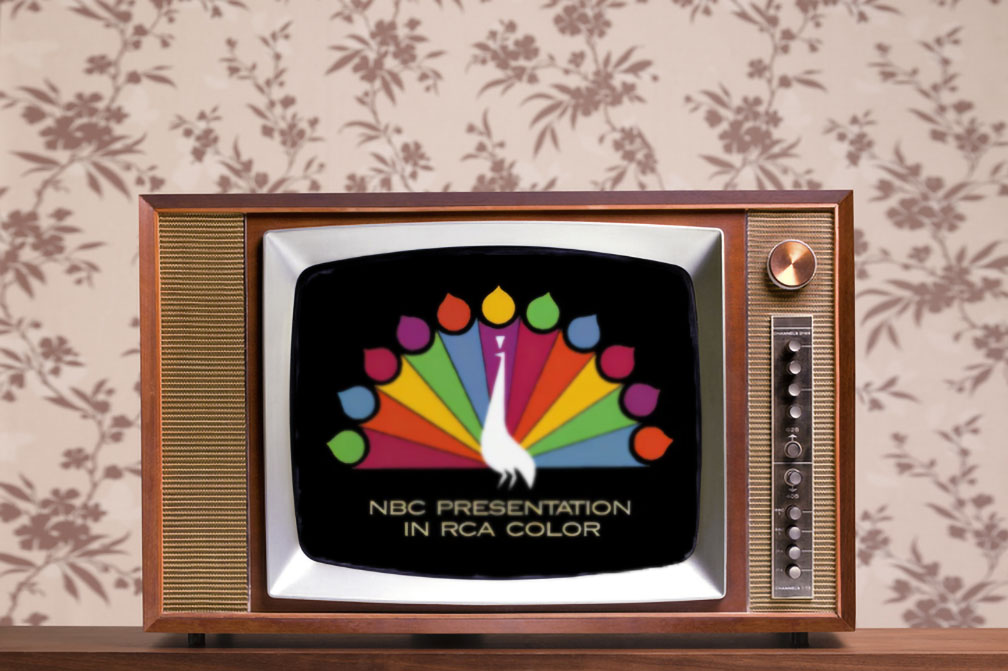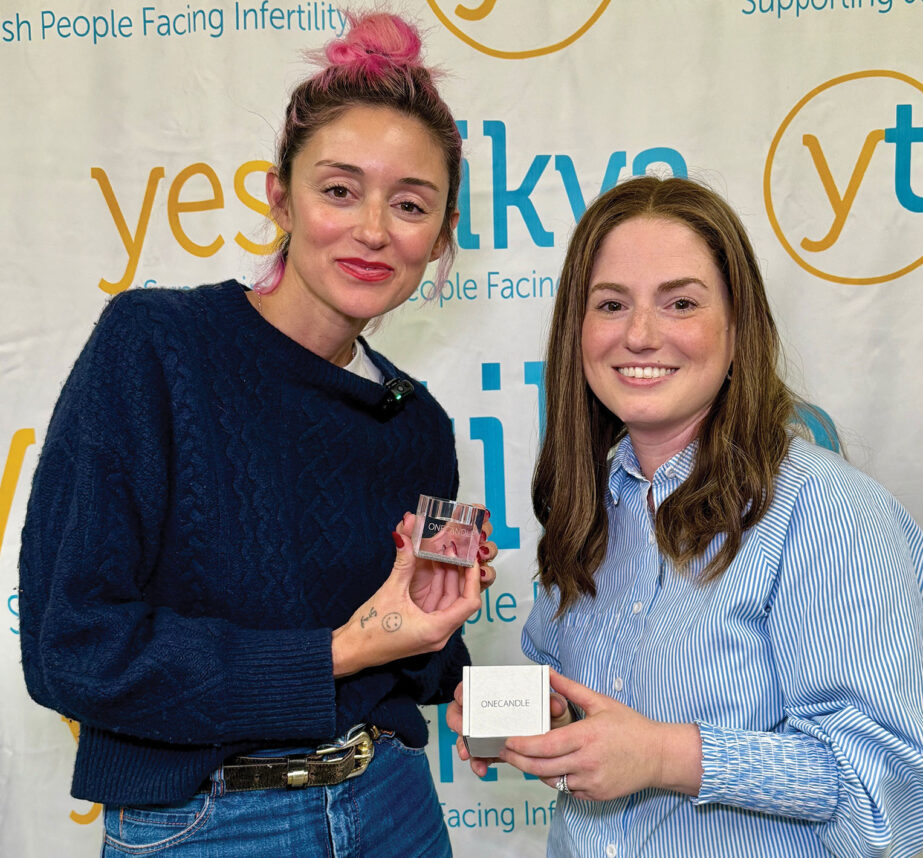Rain pouring in Jerusalem, tears streaming down the faces of fans of Team USA, tremors shaking Chile—and always, always lunch at Eli’s.
You have entered the @Daroff tweet zone.
William Daroff, the Washington director of Jewish Federations of North America, has taken the organization that couldn’t get its initials straight and boiled it down to an engaging, entertaining and at times abrasive representation of the Jewish establishment in 140 characters or less.
Daroff’s career, always on an upswing, is now careening skyward.
Recent cuts at Jewish Federations mean that he is not only responsible for its redoubtable Washington lobby shop representing the combined needs of 157 federations, but also will be helping to direct its seminal rabbinical cabinet and its relief arm, and coordinate the alliance of 40 federations that come together to fund nine national groups (including JTA).
But Daroff is best known for boiling down that alphabet soup into tweets followed literally by thousands. He has 2,205 followers on Twitter and 2,314 Facebook friends.
A sample just from Sunday and Monday:
* On a conference call with leaders of the #Jewish Federations of North America Rabbinic Cabinet
* Palestinian Cabinet meets in Hebron, as means of protesting #Israel’s list of heritage sites http://bit.ly/a7FVj6 (@JPost)
* RT @jbelmont: NBC says 25% of the men who’ve watched the Olympics have cried. As an American who’s lived in Canada, I just joined them.
* Latest from Santiago #Chile: No damage to synagogues, damage to #Jewish cemetery walls, & broken windows at a community bldg.
* RT @KevinFlowerCNN: tensions in Jerusalem over al-Aqsa simmering down—pouring rain has helped
The question some Daroff watchers, in the corridors of Jewish power and in other settings, are asking: Does the tweeting enhance or detract from the federations’ message?
“I see social networking and Facebook and Twitter as a new and novel way to communicate with the world generally and with the Jewish community more specifically,” Daroff, 41, told JTA. “When it comes to communications, not everyone we want to communicate with reads the JTA, Jewish newspapers or listens to rabbis and their sermons. It’s incumbent upon us to push forward the relevance of what we do as professionals and as a Jewish community, to meet people where they stand.”
Some welcome the tweeting as necessary in an age of instantaneous information.
“I’d rather he tweeted too much than not enough because he often has vital information in his tweets,” said Rabbi Levi Shemtov, who directs American Friends of Lubavitch. “For instance, yesterday with Chile—I oftentimes learn about events and initiatives for the first time from William’s tweets.”
Others say the tweets reduce the complex back and forth of a conversation to an unrepresentative sound bite.
This tweet came out of Daroff’s attendance at the annual plenum of the Jewish Council for Public Affairs in Dallas last week: “At #JCPA, @ADL_National’s Abe Foxman calls @dailydish’s Andrew Sullivan ‘an example of someone who is educated & an anti-Semite.’ “
It infuriated Foxman.
“I give a speech of 22 minutes, there’s a series of questions, and this is what makes the news?” Foxman asked, referring to his talk on global anti-Semitism. “This is how he wants to get attention for the JCPA?”
Off the record, some government officials say Daroff’s real-time tweeting makes them nervous.
“I know this is going to be tweeted, so it’s on the record and I can’t say anything useful,” said one official, who asked not to be identified. “The ability to have a candid conversation is minimal.”
Daroff dismisses the concerns, saying he confines his tweets to what is already known. He has tweeted about attending White House meetings, which is a matter of record, but not about the contents of the meeting, which is not.
“I wouldn’t tweet anything I wouldn’t tell a reporter,” he said.
Other Jewish officials, off the record, say Daroff’s tweets have veered into dangerous territory. They note a passionate back and forth with J Street last year over its reluctance at the time to endorse Iran sanctions. Daroff said J Street “stands with the mullahs.”
J Street has since endorsed sanctions, and officials on both sides say they enjoy good relations.
Still, the exchange raised eyebrows.
“You can’t self-promote to that degree and not become a target,” said one official who otherwise thought Daroff was doing a good job.
Some friends say Daroff is addicted to his Blackberry. Frank Luntz, a Republican pollster, tore Daroff’s Blackberry from his hand and threw it into the audience during a panel at the Jewish Federations’ most recent general assembly, in November in Washington.
Friends say if they see him in a restaurant, they will tweet to get his attention. After his Blackberry delivers the message, Daroff has been known to stand up to greet someone who’s been facing him across the room for half an hour.
Making himself heard has never been hard for Daroff. He was a longtime operative for the Republican Party, starting with the late Jack Kemp’s 1988 presidential bid and including a long stint as the deputy director of the Republican Jewish Coalition.
Some people fretted in 2005 when Daroff was named to his current post. The Washington office of what was then known as the United Jewish Communities had just come through a fractious period; Daroff’s predecessor was forced out, partly because of inter-office tensions; and relations with the Jewish Council for Public Affairs office had degenerated into a perpetual turf war.
Did a nonpartisan lobbying body really need a partisan—albeit one who was well liked, but who also was not above the well-aimed partisan gibe, and was known for a spot-on impression of Ira Forman, the executive director of the National Jewish Demorcatic Council?
Daroff quickly reached out to Democrats, including Forman, and did his best to assure them that he would not be a partisan.
“If he’s overrerached at all, it’s in reaching out to the left,” said a Democrat appreciative of Daroff’s effots, singling out health care, where Daroff has sided more with the Democrats.
His readiness to take hits from either side soon made his case. Daroff received angry calls from buddies in the Bush White House about UJC plaints about budget cuts affecting entitlement programs and from Democrats on the Hill for defending tax exemptions. He was responsive when Democrats complained that a UJC e-mail newsletter featured profiles of Republicans in an election year; he stopped the profiles.
“In a situation that could have been very challenging because there were historical institutional issues to be overcome and where he was coming from politically, he made some people nervous,” said Hadar Susskind, currently the policy director for J Street, a liberal pro-Israel group, and then Daroff’s counterpart at the JCPA. “He did an extraordinary job as someone who had a professional partisan job, he did a very good job of putting aside and representing federations and putting those interests first and foremost.”
Daroff, dining last Friday at Eli’s, the kosher Washington eatery he incessantly promotes on his social networks (yes, he tweeted lunch with this reporter), is more modest.
“Look, when I was hired, there was a Republican in the White House and both houses” of Congress “were Republican.” He had a year and a half, he says, to build up relations with relatively powerless Democrats before they retook Congress in November 2006. By that time he was known as the UJC guy, not the GOP guy.
Not that his former Republican credentials have hurt. At the RJC, he formed a friendship with Haley Barbour, then the chairman of the Republican National Committee. When the UJC’s relief arm was seeking partners in areas hit by Hurricane Katrina, Barbour, now governor of Mississippi, was able to help facilitate a successful venture in assisting mental health facilities.
His next big challenge is grappling with a Washington that is slashing earmarks. In the 1990s, earmarks—the expenditures for home-state projects lawmakers inject into spending bills—were ballooning, and one of his predecessors, Diana Aviv, saw an opportunity. Through the earmarks, she helped create the Naturally Occurring Retirement Communities, the system that allows seniors to spend their twilight years near their communities.
The Washington office replicated that feat under subsequent directors with millions of dollars set aside for enhancing security at nonprofits. Since its inception in 2005, the bulk has gone to Jewish organizations.
But budget cuts and a presidential campaign in which candidates competed to make “earmarks” synonymous with corruption have led to a crackdown. The domestic issues that Jews care about—particularly government medical care for the elderly and poor—may mean siding more forcefully with the Democrats.
Lobbying for earmarks was “lobbying lite,” one congressional insider said, and the community needed to “go AIPAC” and get tough on the health care issue.
Daroff said he would not be dragged into partisan battles, and added that he was confident earmarks were here to stay.
“The Jewish Federations have continued to be remarkably successful in garnering Member-Directed-Funding (we don’t call them ‘earmarks’ anymore), even in this current budgetary environment,” he e-mailed in reply. “This is the case because our innovative initiatives are ones that Members of Congress are proud to promote. They flourish with increased transparency and with bright lights cast upon them. We are not promoting weapons systems that the Pentagon doesn’t want, but rather cutting-edge social service programs that help make life better for millions of Americans.”
As for Daroff, it appears he’s here to stay, too: He is rumored to be on the short list for the soon-to-be-available post of CEO at the Jewish Federation of Greater Washington.
His response to the rumors was short, even by tweeting standards.
No comment.





















